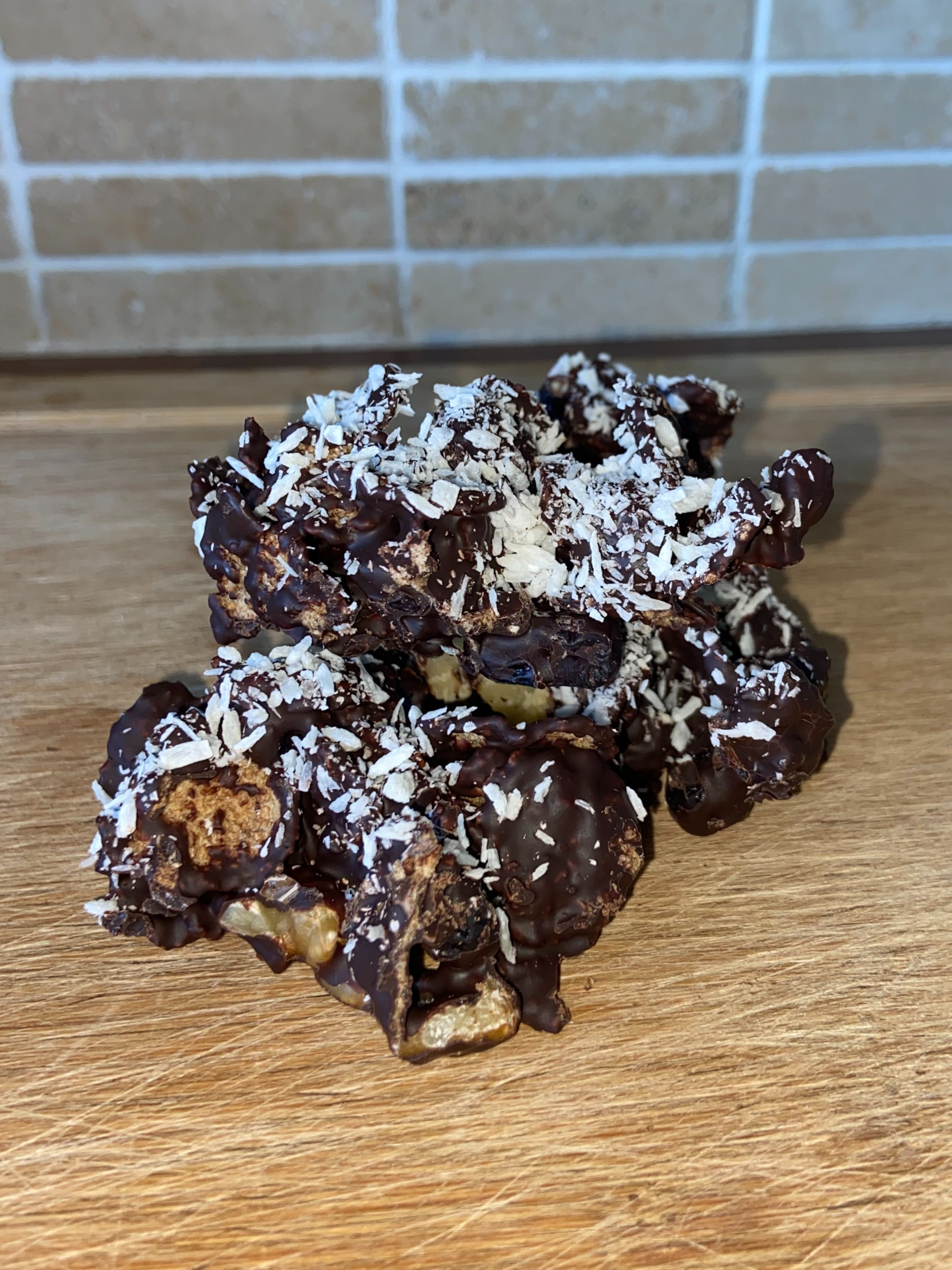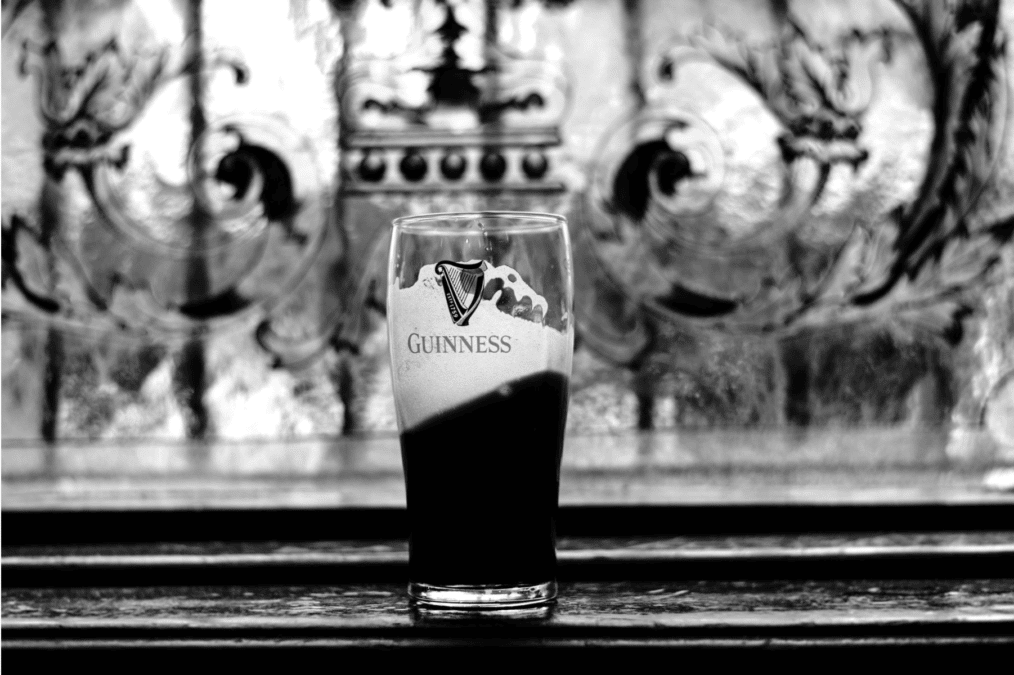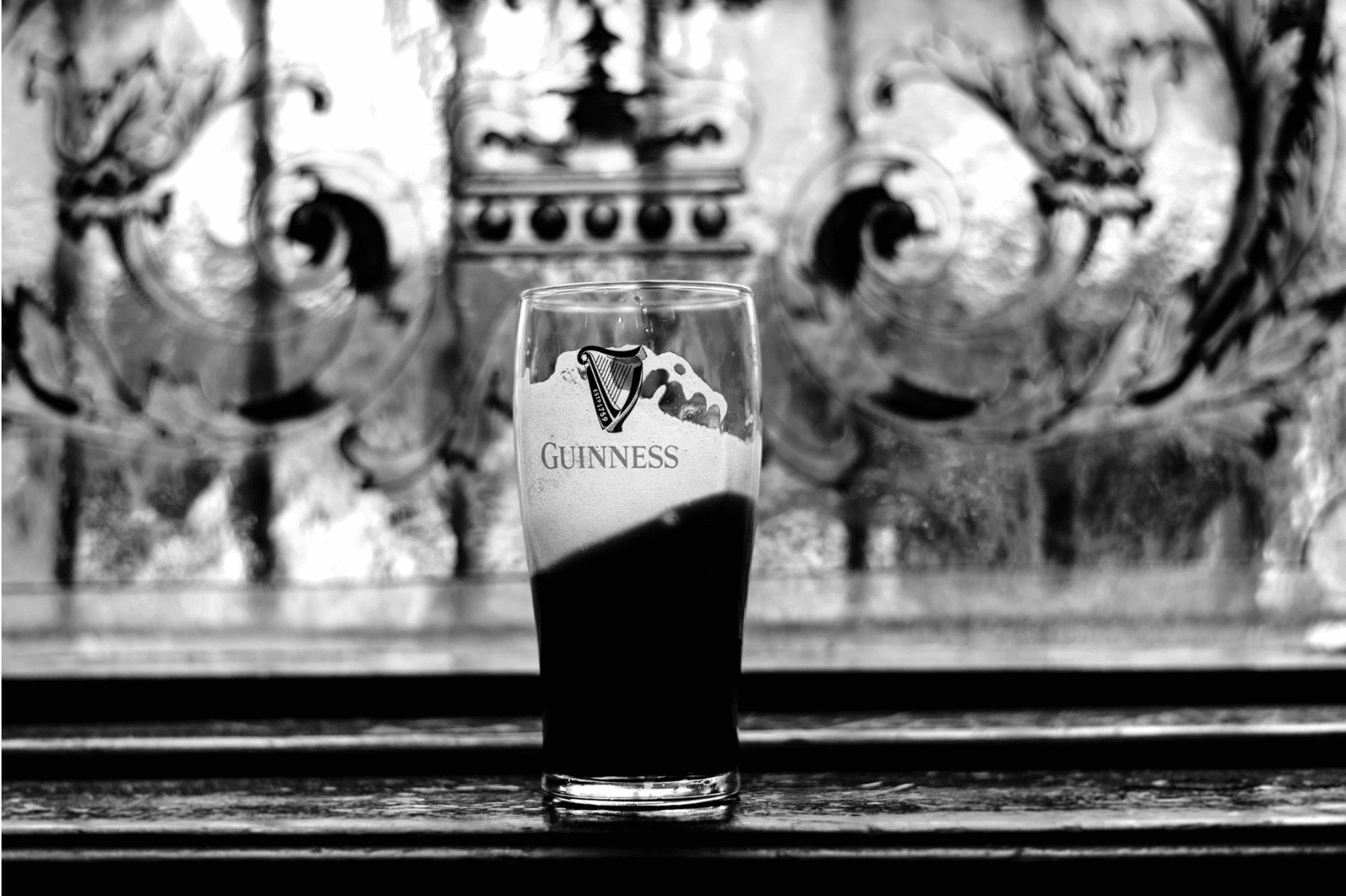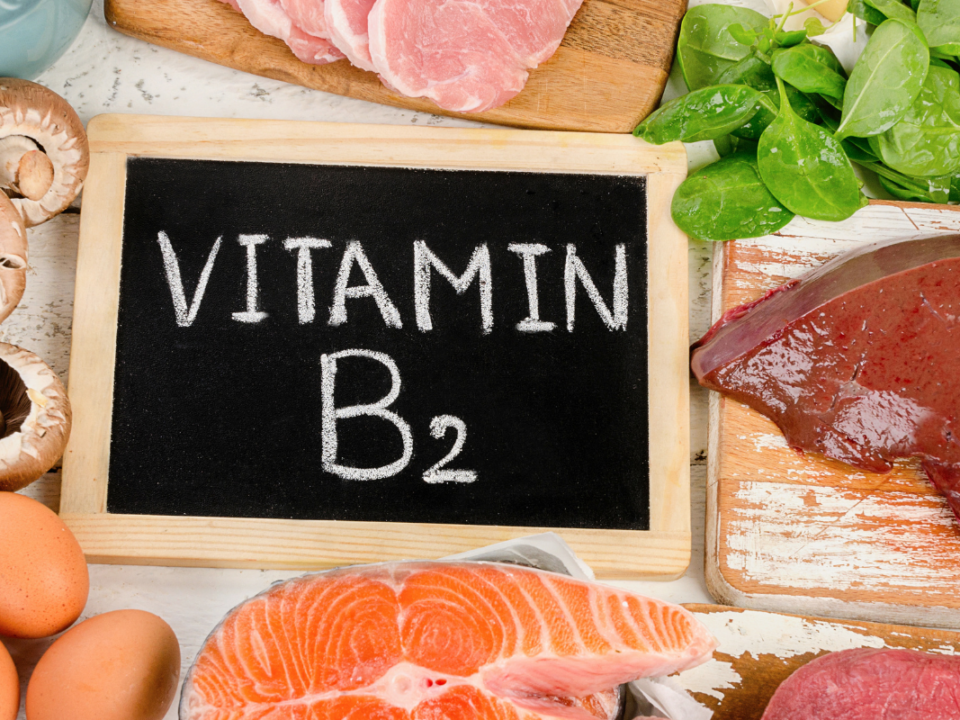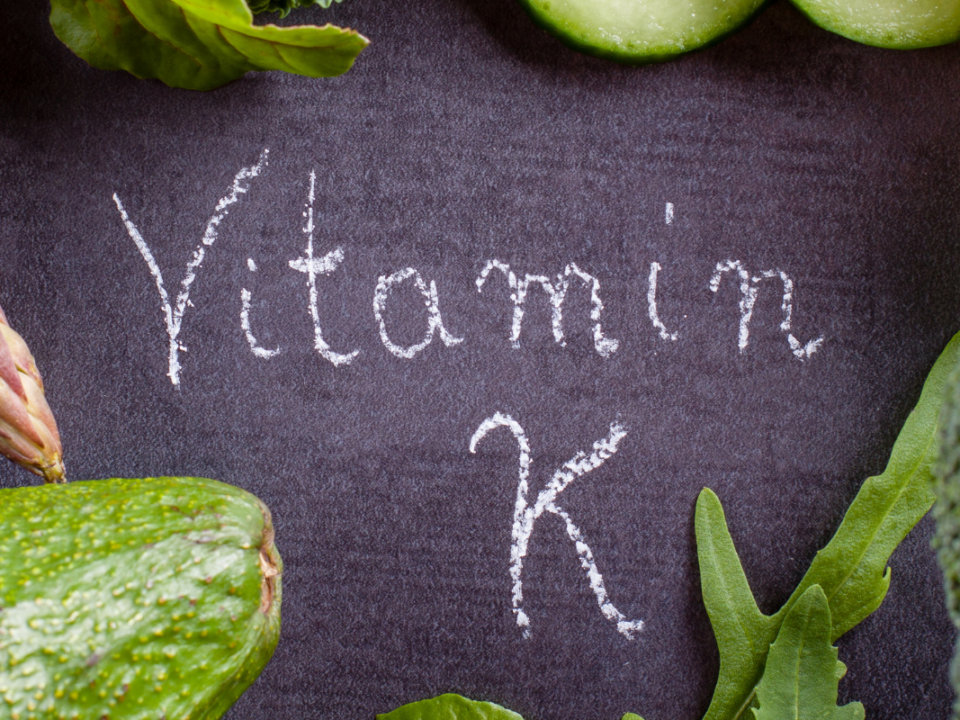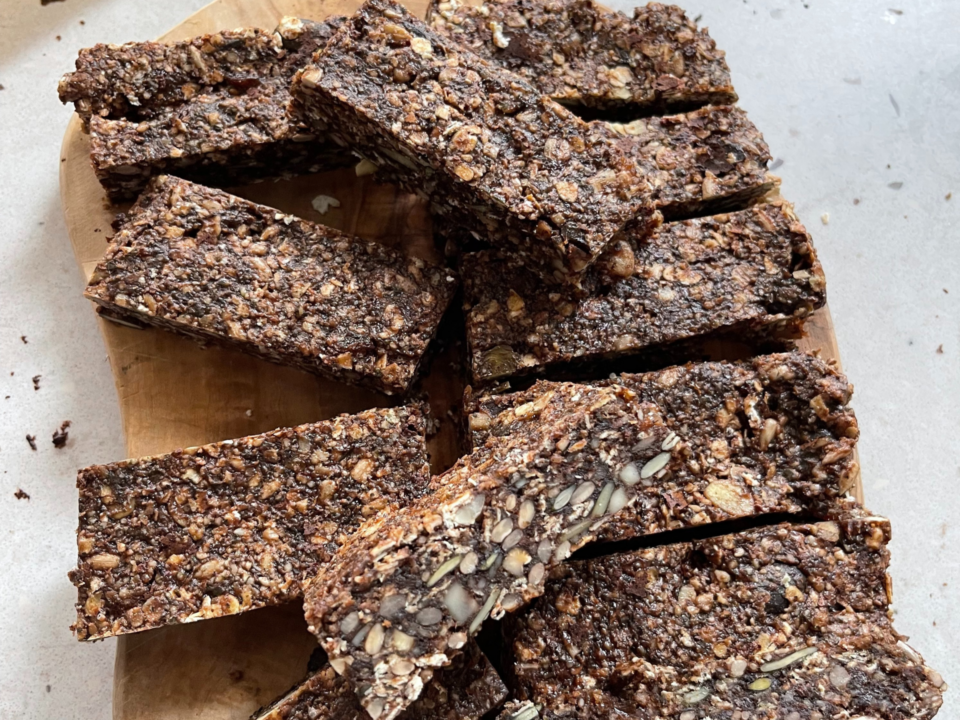Managing Your Hangover This Christmas
Christmas is fast approaching and that often means indulging in one too many alcoholic beverages, not to mention the mince pies and tins of sweets. Rather than expecting people to completely abstain from alcohol, it is reasonable to expect that there will be occasions when you may drink a bit too much. It would be great if we could have a night out with no side-effects, but to date, unfortunately, there is no prevention or cure for the dreaded hangover.
Recent research has explored the long-term effects of alcohol consumption and brain health and investigated the key time-points within a person’s life where our brains are more sensitive to the long-term effects of alcohol consumption. While we are not trying to rain on your parade, it’s important to be aware that throughout our lives, even day-to-day, we may be more sensitive to the long-term effects of substances such as alcohol and unfortunately, we don’t always consider the long-term effects of our behaviours. Food for thought!
So what about the morning after the night before? Hangover pills and the many proposed hangover remedies tend to offer only a little help, but there are some simple nutrition strategies that can ease the headache, reduce the feeling of nausea and help bring you back to a semi-normal state the next day. First, we need to understand how alcohol is broken down by the body.
 The Metabolism of Alcohol
The Metabolism of Alcohol
Alcohol (or ethanol) contains 7 calories per gram and has no micronutrient value. The body cannot store alcohol and must metabolise it (use it for energy) when it is consumed. When you drink alcohol, it goes through a process of absorption, distribution and then metabolism. The absorption process is influenced by multiple factors including genetics, ethnicity, gender, age, body type, type of beverage, if food has been consumed and food type, drinking history and, of course, the volume of alcohol consumed. These are some of the reasons why some people can drink more than others and why alcohol consumption can have highly variable physiological responses in different people.

Alcohol metabolism occurs mainly in the liver. When you drink alcohol, your body makes metabolizing this alcohol a priority over all other metabolic processes, and because your body can’t store alcohol and must metabolise it right away, other metabolic processes suffer, mainly the efficient metabolism of fats and carbohydrates. This is most obviously seen on the day following excessive alcohol consumption as shakiness and a craving for sugary foods as the body struggles to appropriately balance sugar levels in the blood.

Physical Effects of Overconsumption of Alcohol on The Body
- Temporary increase in heartbeat & blood pressure
- Reduction in peripheral vision
- Difficulties in processing & recalling information
- Significant memory loss occurs with high doses of alcohol
- Poor quality sleep: decreases in REM (deep) sleep, resulting in impaired concentration, tiredness & irritability
What is a Hangover?
A hangover is a result of the excess consumption of alcohol that your body is unable to metabolise at the rate it is being consumed. Excess alcohol consumption results in dehydration, damage to the lining of your stomach that causes nausea and inflammatory responses that result in tissue damage to name but a few.
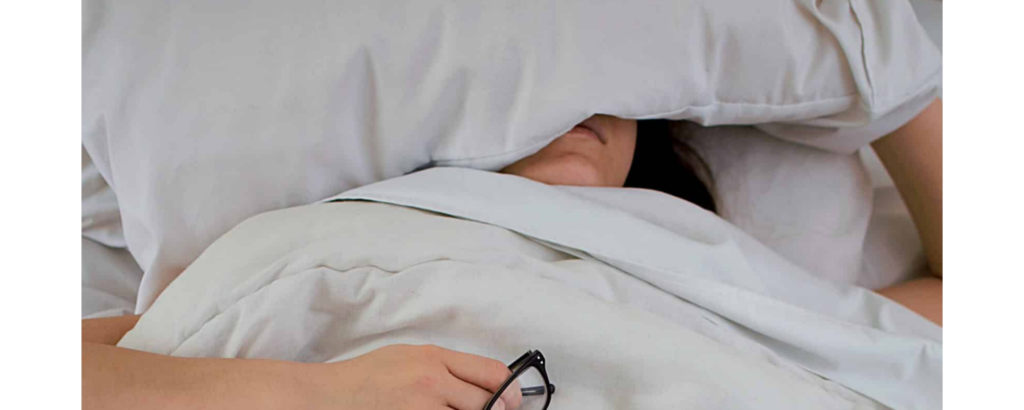
Eat Before You Drink
What you eat before you start drinking can have a huge effect on how you feel the day after. Food helps slow the absorption of alcohol, which will prolong the time it takes alcohol to reach your bloodstream. Never drink on an empty stomach.
Keep Sipping Water
Drinking water between drinks is another simple approach that will help – even a few small glasses will make a big difference to your hydration and your body’s ability to deal with the alcohol. If you can’t manage that, then at least drink a couple of glasses of water when you get home. Taking a multivitamin tablet and a pinch of salt with the water is also no harm as excess alcohol consumption depletes vitamin stores, which are important for recovery, and many vitamins are important in the metabolism of ethanol.
Choose Wisely
Another aspect is your choice of drinks. Studies have shown that certain alcoholic beverages result in worse hangovers than others. For example, whiskey, wine and certain beers can result in more severe hangovers than drinking equal amounts of vodka or other clearer alcohols. And we don’t need scientists to tell us that mixing drinks is a bad idea, so aim to stick with the same drink. A drink that works well for a lot of people is gin or vodka with a squeeze of fresh lime, ice and sparkling/soda water.
Treatment
The reality is, there is no cure for the side-effects of what we know as the hangover, but there are steps you can take to support your body’s recovery from the damage that excess alcohol consumption can inflict. Start by eating antioxidant-rich foods that help your body to reduce the inflammatory response to the alcohol. Fresh berries, green leafy vegetables, nuts, seeds, fresh oily fish and eggs are all great food options to help your body recovery.
Ginger has long been used to treat nausea and various illnesses. Being hungover often results in nausea as the body tries to dispose of toxins, so ginger is an obvious food to include. Try having some fresh ginger with a green tea or in a fresh fruit smoothie. Read more about ginger in this blog. And check out our recipe page for some delicious recipes using ginger as a key ingredient.
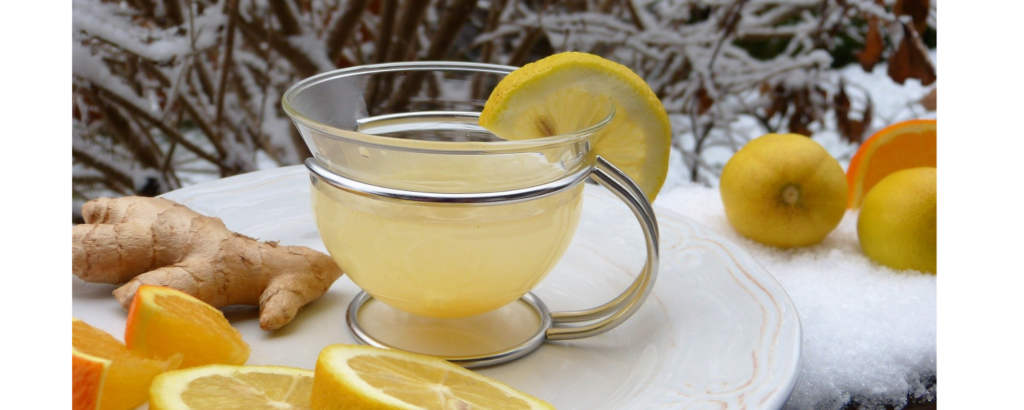
Fluids are a priority, so begin by sipping on some water to help replace the fluids that you lost on all of those trips to the toilet the night before. Mixing an electrolyte sachet into your water to replace lost electrolytes is a good idea if you are having trouble eating solid food. Coffee has been the go-to drink for treating hangovers for generations, mainly because it helps people feel more alert. Recent research has shown that drinking coffee can help to treat hangovers due to the antioxidant compounds that freshly brewed coffee contains. In my opinion, drinking coffee to treat your hangover is a personal thing – some people find it works wonders but for others it makes them feel worse. My advice is that if you find it helps, then stick with it, but if it doesn’t help, then stick to water and herbal teas.
Exercise is the last thing most people will want to do with a hangover but some physical activity has its merits. Exercise increases your metabolic rate and blood flow, which can help speed the removal of toxins. Make sure you are hydrated before you head off for your exertions, and bring some water to replace lost fluids.

What NOT To Do!
Everyone has their own ideas about what helps them get over their hangover: the big fry, greasy food, pizza, white toast, more alcohol and energy drinks are commonly mentioned as recovery foods. None of these are foods that I would recommend as although they might offer temporary enjoyment, they don’t support the recovery process and can often make you feel worse.
Summary
Hangovers and the negative effects of alcohol can be minimised by a number of strategies. However, this advice should not be seen as an endorsement of heavy drinking or a manifesto to help you “get away” with doing so. In short, eat some nutritious slow-digesting food before you start drinking, drink in moderation, don’t mix your drinks, and drink some water while drinking and before you go to bed. If you ignore all of these things and end up drinking more than you should, don’t compound matters by eating processed foods that provide no support to your recovery. Try eating some of the suggested foods above and get out for some light exercise – even if you don’t feel better right away, you will feel better for doing something.
Visit drinkaware.ie for more information regarding responsible and safe alcohol consumption.


